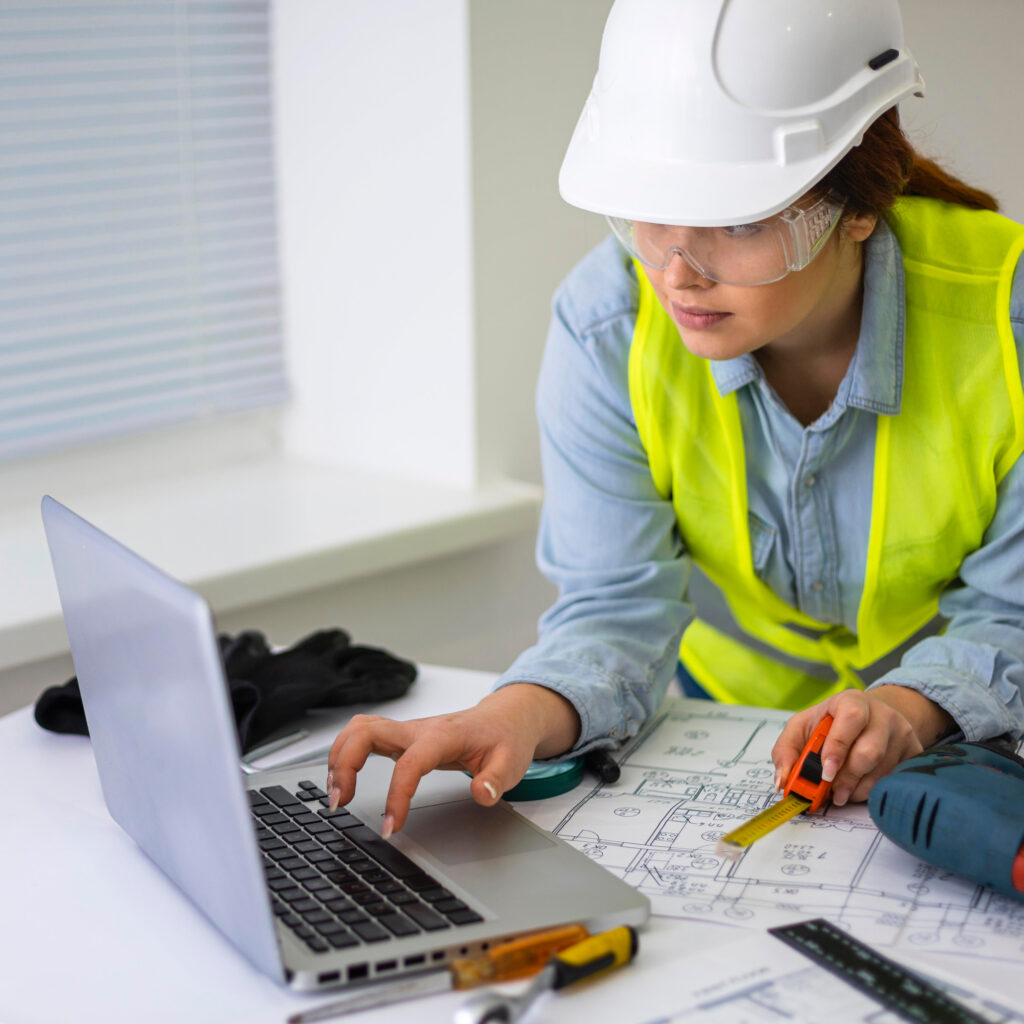

At CSI Compass, we are committed to sustainable building solutions that enhance efficiency, reduce environmental impact, and create long-term value. Our Sustainability Services integrate cutting-edge technology, energy optimisation strategies, and global best practices to help clients meet regulatory requirements, achieve certifications, and future-proof their assets. Through proactive planning and performance monitoring, we ensure that buildings operate at peak efficiency while minimising their carbon footprint.

We focus on measurable outcomes, ensuring energy efficiency, resource optimisation, and long-term sustainability for every project.
Our team provides expert guidance on global sustainability certifications, helping clients achieve LEED, BREEAM, and other industry benchmarks.
We leverage dynamic energy simulations, advanced modelling, and auditing techniques to optimise energy usage and reduce waste.
By integrating sustainable design and ongoing performance tracking, we help clients lower operational costs while enhancing system resilience and longevity.
Sustainability Consultancy | We provide expertise and guidance on sustainable practices and strategies. Our consultants work with clients to develop and implement sustainability initiatives, set targets, assess environmental impacts, and recommend best practices for reducing resource consumption, waste generation, and greenhouse gas emissions. |
Sustainability Management Plan | A sustainability management plan for buildings involves the development and implementation of a comprehensive strategy to minimise the environmental impact and maximise the resource efficiency of a building or group of buildings. This plan typically includes a range of measures to improve energy efficiency, reduce water consumption, manage waste, promote renewable energy use, and enhance indoor environmental quality. |
Sustainability Guidelines | Developing comprehensive guidelines to inform and guide sustainable design and construction practices. These guidelines typically cover aspects such as energy efficiency, water conservation, waste management, indoor environmental quality, and renewable energy integration. |
Sustainability Design Assessment | This service involves evaluating the environmental impact and resource efficiency of a building’s design. It includes an assessment of factors such as site selection, building orientation, materials, and systems to identify opportunities for sustainable design strategies. |
Microclimate Analysis | Conducting an analysis of the local microclimate to understand its impact on building design and performance. This includes evaluating factors such as solar radiation, wind patterns, temperature variations, and other site-specific conditions. |
Thermal Performance Analysis | Assessing the thermal performance of building elements and systems to optimize energy efficiency and occupant comfort. This may involve analysing insulation, glazing, HVAC systems, and passive design strategies. |
Dynamic Energy Simulations | Using advanced simulation tools to model and analyse the dynamic energy performance of a building. This helps in predicting energy usage, identifying potential energy-saving measures, and optimising building systems for efficiency. |
LCA Material Sustainability Analysis | Conducting a life cycle assessment (LCA) of building materials to evaluate their environmental impact from extraction to disposal. This analysis helps in selecting sustainable materials and minimizing embodied carbon in construction. |
Sustainability Design Integration | Integrating sustainable design principles and strategies into the architectural and engineering aspects of a building project. This involves collaboration among various design disciplines to ensure that sustainability is embedded throughout the project. |
Project Registration and Documentation for LEED | Assisting with the registration and documentation process for Leadership in Energy and Environmental Design (LEED) certification. This includes preparing the necessary documentation and ensuring compliance with LEED requirements. |
Solar Energy Systems Design | Designing and integrating solar energy systems such as photovoltaic panels or solar thermal systems into building projects. This includes assessing solar potential, system sizing, component selection, and integration with building systems. |
Sustainability Focused Design Review | Conducting thorough reviews of architectural and engineering designs to ensure compliance with sustainability goals, codes, standards, and best practices. This helps in identifying opportunities for improvement and optimisation. |
Energy Audits | Performing detailed assessments of energy usage in buildings to identify inefficiencies and recommend energy-saving measures. This involves analysing utility bills, conducting on-site inspections, and providing comprehensive energy audit reports. |
Energy Efficiency Projects Feasibility Study | Conducting feasibility studies for potential energy efficiency projects in buildings. This involves evaluating the technical, economic, and environmental viability of energy-saving measures to determine their feasibility for implementation. |
Systems/Facilities Optimisation | Building systems and operations are analysed and fine-tuned as part of CSI’s system and facility optimisation service. Optimising building automation, HVAC, lighting controls, and other components are our major challenge in such projects to maximise comfort, reduce waste, and save energy costs. |
Energy Modelling Studies | CSI’s energy modelling studies use advanced computer simulations to assess and predict the energy performance of buildings or systems. These studies help evaluate different design options, assess the impact of energy efficiency measures, and inform decision-making during the design and construction phases. |
Daylight Analysis | The availability, distribution, and quality of natural daylight inside a building are assessed through CSI’s daylight analysis. Our analysis contributes to the best possible use of natural light, reduces the need for artificial lighting, and improves occupant comfort and wellbeing. A building’s orientation, the layout of its windows, shading, and interior architecture are all considered during a daylight analysis. |
LCA Material Sustainability Analysis | Conducting a life cycle assessment (LCA) of building materials to evaluate their environmental impact from extraction to disposal. This analysis helps in selecting sustainable materials and minimizing embodied carbon in construction. |
We embed sustainable principles into every stage of the project.
Our team ensures compliance with global and local sustainability standards.
We use cutting-edge tools and analytics to optimise energy efficiency.
Our strategies help clients save energy, lower costs, and reduce their environmental footprint.
© Copyright 2025 - All Rights Reserved - Powered by Thronis